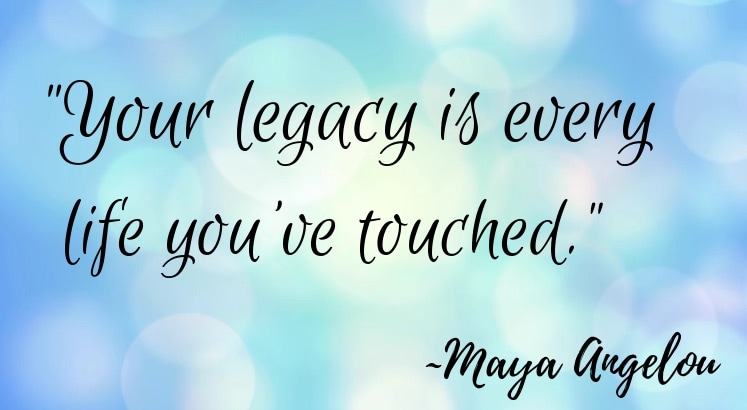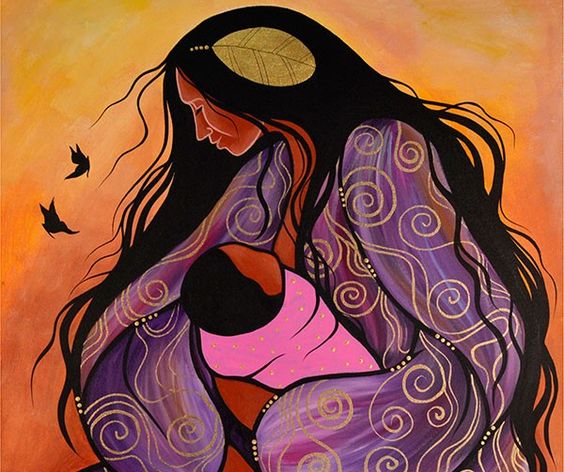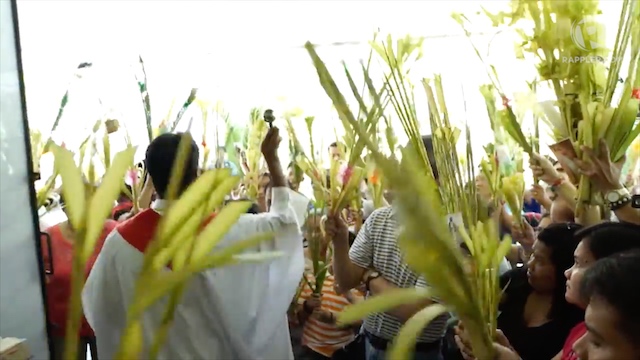Meditations on treasures & legacies: what we cherish — themes from Hosea & Luke.
Seek not greater wealth, but simpler pleasure; not higher fortune, but deeper felicity. — Mahatma Gandhi You are searching the world for treasure, but the real treasure is yourself. — Rumi When he returned home to France, [Lafayette] lived on his big estates and did very well. He was in the same social class as the rich […]




